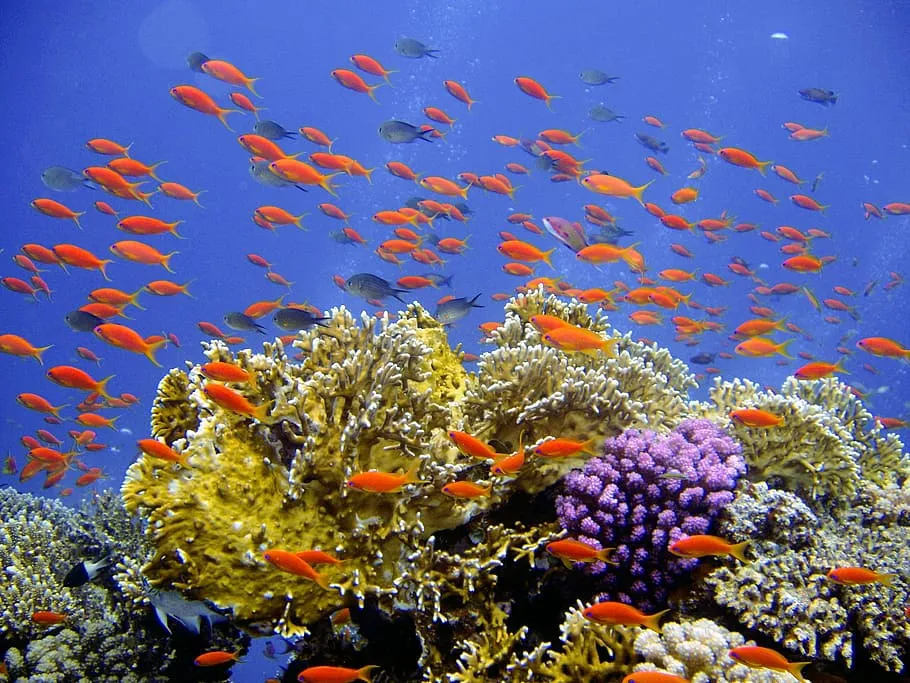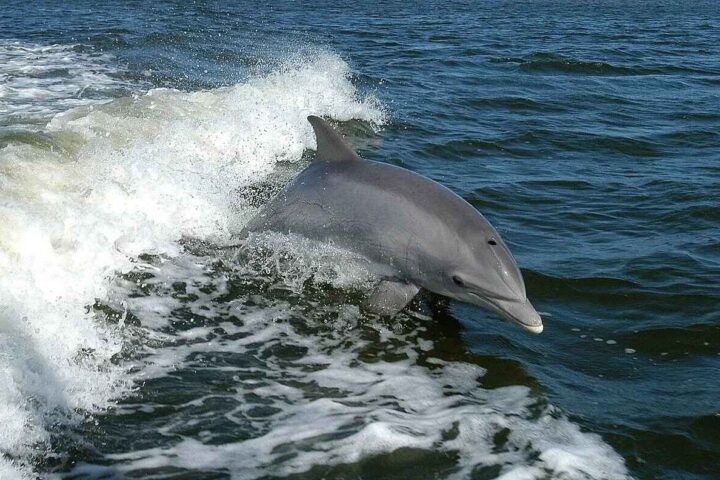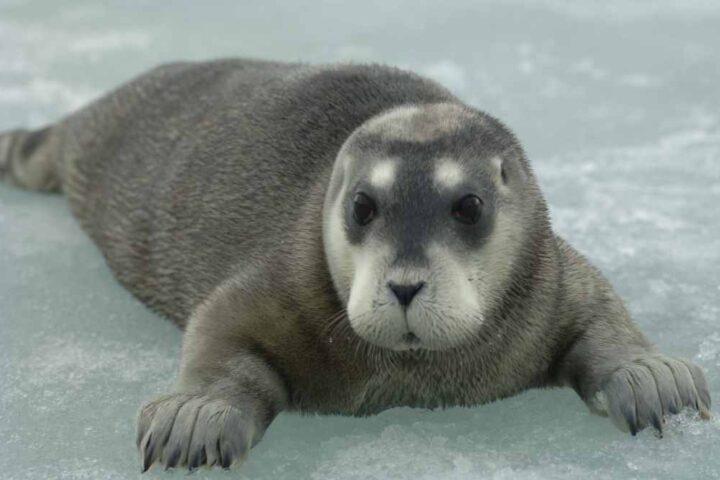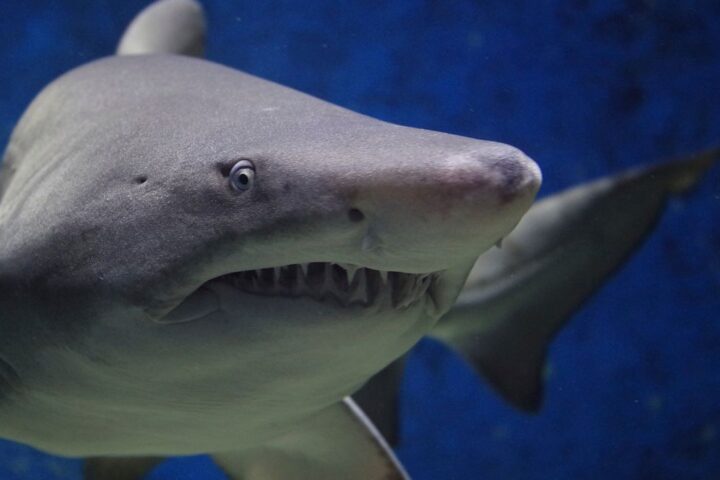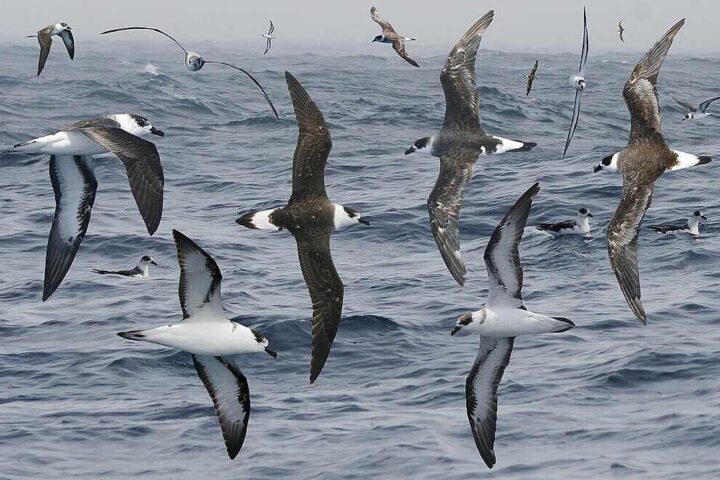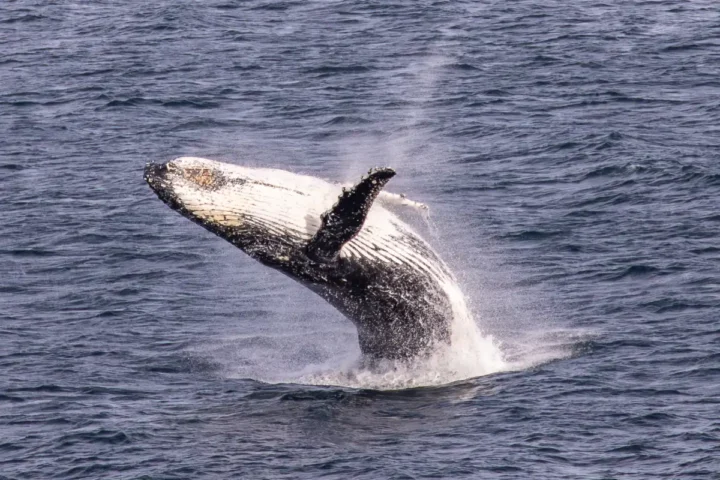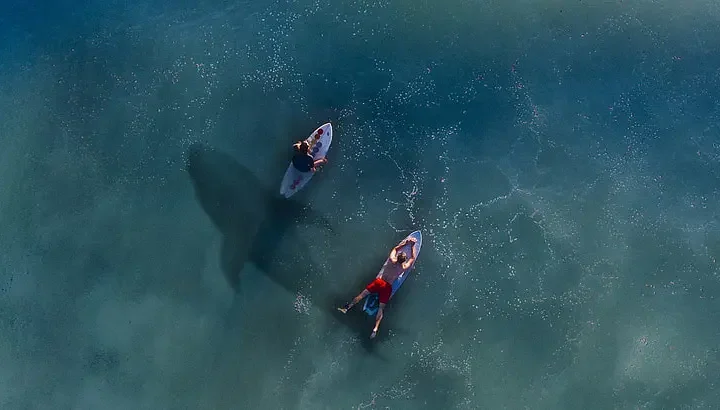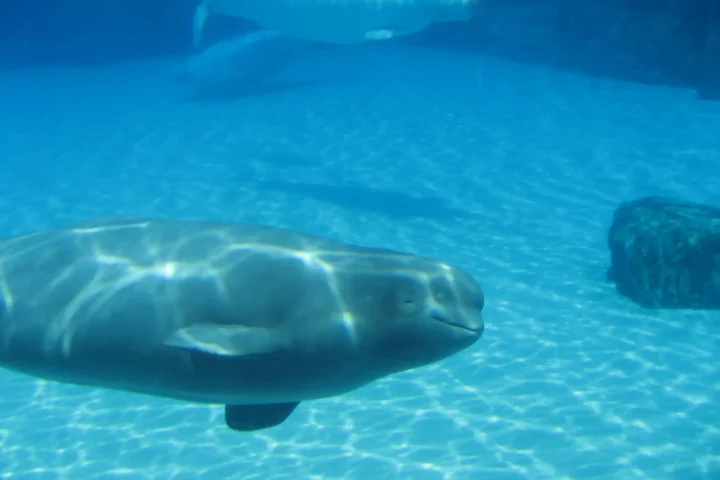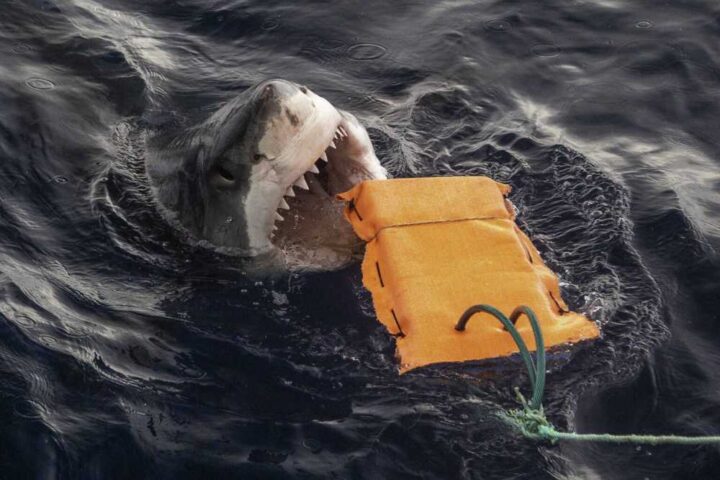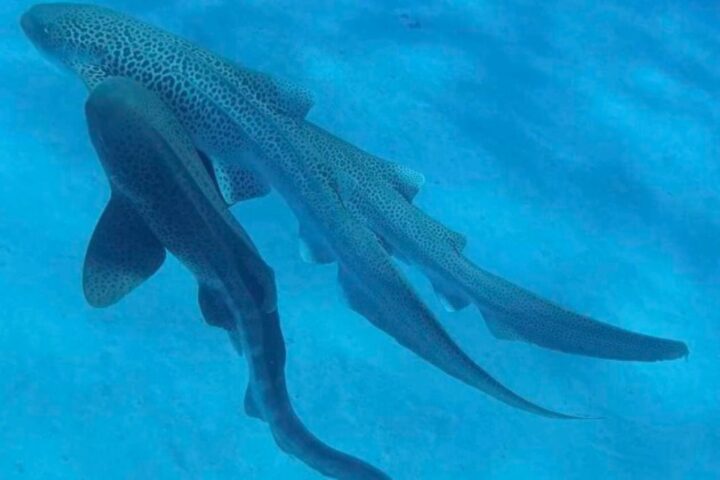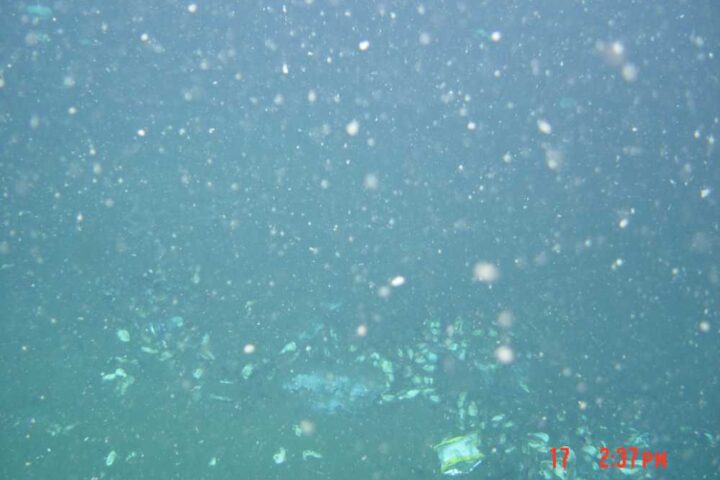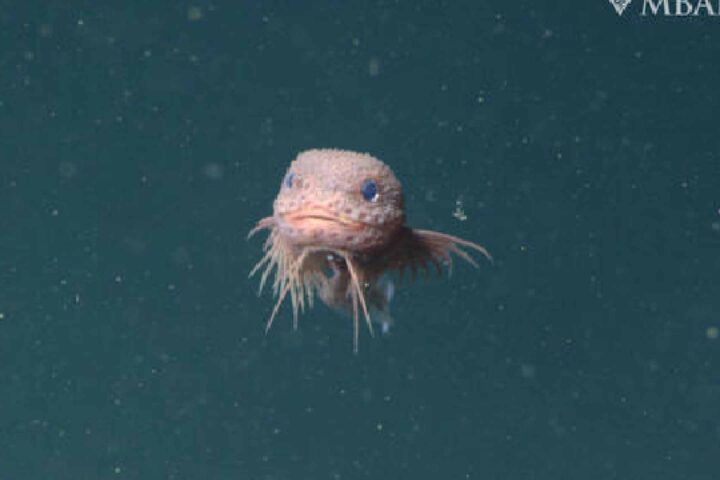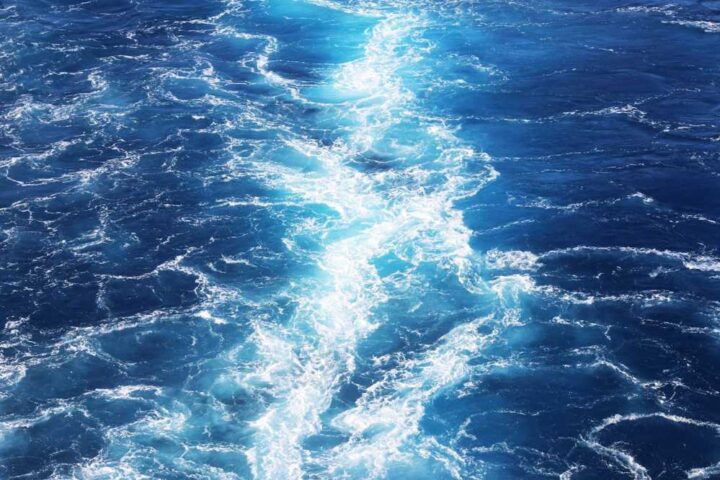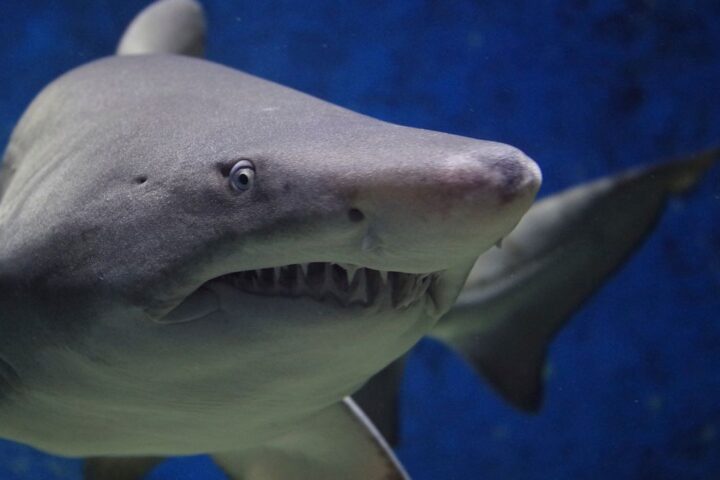A discovery of a new coral reef off the Galápagos Islands in Ecuador has been reported. The size of the coral reef is approximately 2 km long & has over 50% living coral. The new coral reef was found at a depth of 400 meters on the summit of a submarine mountain.
A deep water scientific expedition made the discovery of a new coral reef. The first-ever pristine coral reef is found at a depth of 400 meters. The Environment Ministry of Ecuador announced the discovery.
A senior marine researcher at the Charles Darwin Foundation, Stuart Banks, participated in the expedition. The Coral Reef is at least several thousand years old. As many deepwater systems around the world are degraded, this discovery becomes significant.
The belief that the Wellington reef was the only reef to survive the El Niño weather in 1982 & 1983 is challenged by this discovery. Last year, the Galápagos marine reserve was expanded by 60,000 square kilometers to protect endangered migratory species.
Charles Darwin’s theory of evolution was inspired by the Galápagos Islands. The richness of marine life in the Galápagos Islands is highlighted by the new discovery. New opportunities for scientific research & conservation efforts are provided by the discovery.
A diverse range of marine species is housed in the coral reef. A testament to the resilience of coral reefs in the face of climate change & human activities is confirmed by the discovery. The importance of protecting & preserving marine ecosystems is underscored by this discovery.
UNESCO has recognised the Galápagos Islands as a World Heritage Site. The scientific & cultural significance of the Galápagos Islands is enhanced by the discovery of the new coral reef. The need for international cooperation in protecting marine ecosystems is highlighted by this discovery.
A glimpse into the deep-sea habitats that are still largely unexplored is provided by the discovery. Hope for the future of coral reefs in the face of climate change is offered by the discovery. This discovery reminds us of the wonders of nature & the importance of biodiversity. An exciting development in the field of marine biology is discovered in the form of a new coral reef.
